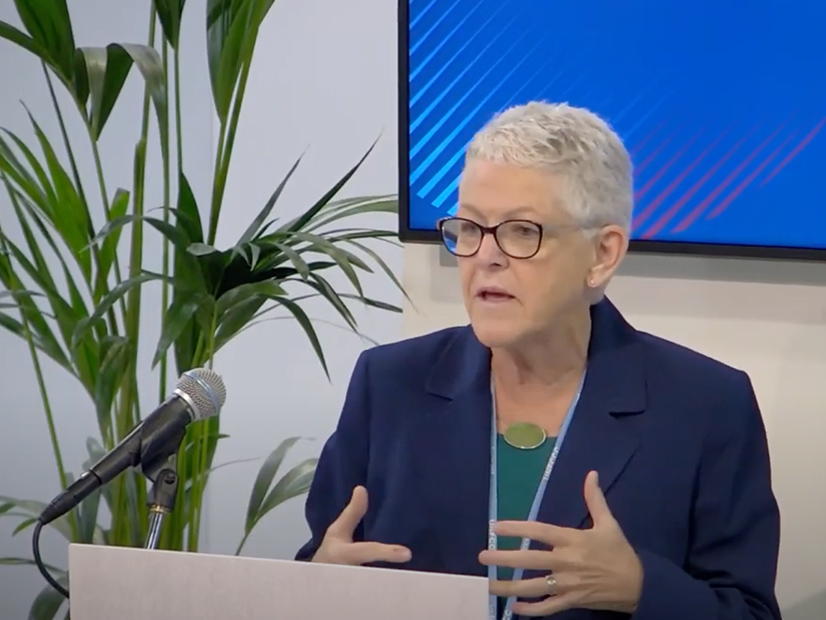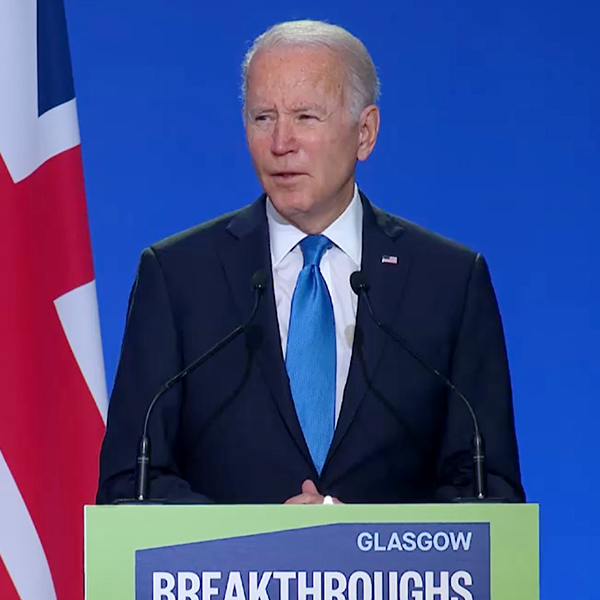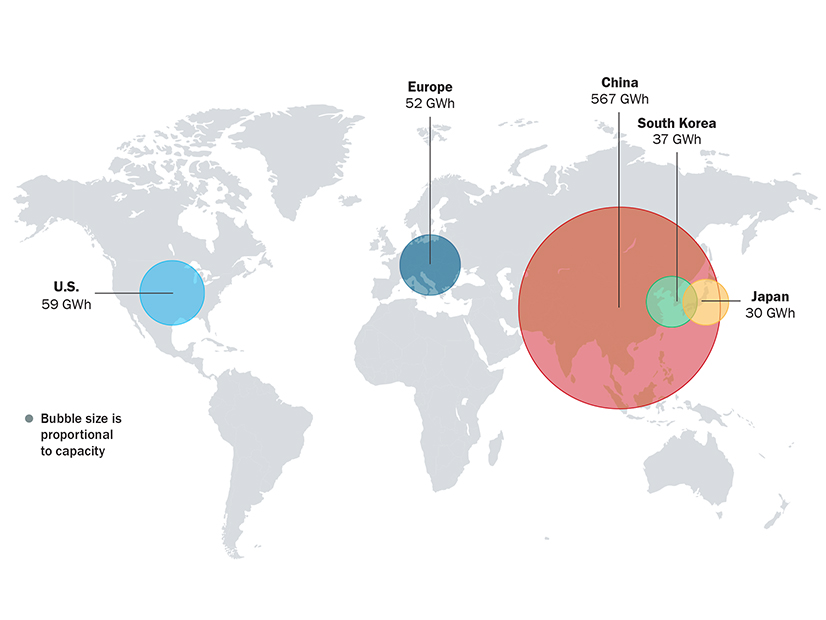Technology
U.S. National Climate Advisor Gina McCarthy, several U.S. utility executives and the Edison Electric Institute discussed President Biden's goals at COP26.
ACORE's annual Grid Forum focused on infrastructure policy, transmission planning, energy markets and the Biden administration’s agenda.

David Maiolo, CC BY-SA-3.0, via Wikimedia
The House of Representatives’ passage of the bipartisan Infrastructure Investment and Jobs Act quickly set off a chorus of praise from clean energy groups.
Countries that participate in the Glasgow Breakthrough Agenda will focus on breakthroughs in five sectors that cover half of global greenhouse emissions.
The DOE wants to cut the cost of lithium-ion batteries, recharge EVs with a 300-mile range in 15 minutes and boost battery recycling — all in the next decade.
Big government programs to fight climate change are not the answer, say conservative thinkers with plenty of skepticism about top-down regulations.
Plug Power says it has the technology to build large fuel cell systems and power them with green hydrogen from a fleet of factories it is now building.
The inventors of the “first scalable electrolyzer" for green hydrogen say they will begin mass production after winning a $1 million Earthshot prize.
Massachusetts Energy and Environmental Affairs Secretary Kathleen Theoharides said that forward momentum on new lease areas “is a great exciting announcement."
The race to make hydrogen the world's transportation and industrial fuel in order to reduce carbon dioxide emissions is well underway.
Want more? Advanced Search








